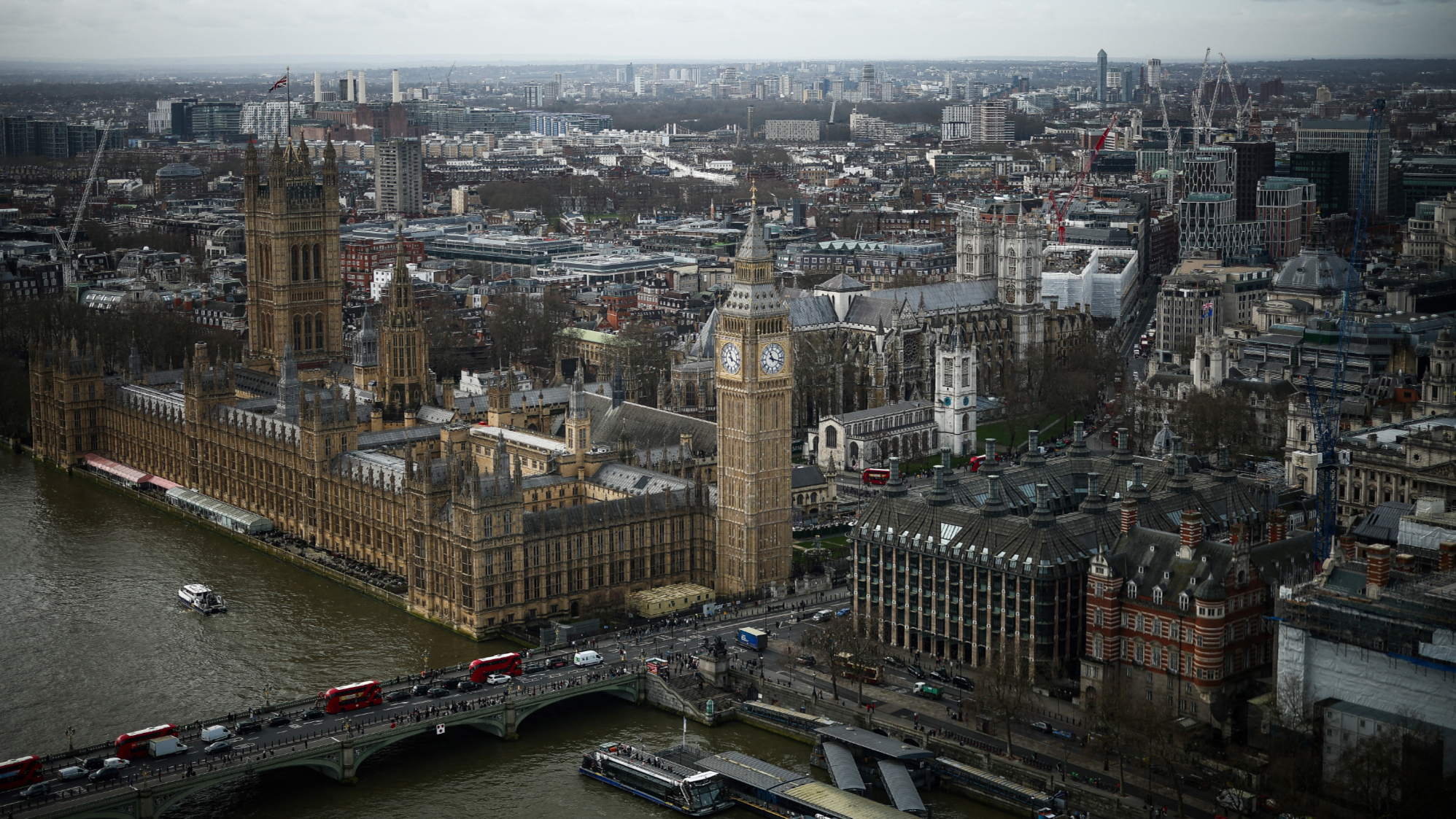
LONDON - Britain's communications regulator said on Thursday that online platforms hosting pornographic and other content considered harmful must enforce "highly effective" age restrictions by July 25 to prevent children accessing the material.
The deadline was set in Ofcom's children's safety codes, meant to protect UK users under 18 from content on subjects such as suicide, self-harm or pornography - the latest in a series of measures to improve the online environment for children.
Ofcom Chief Executive Melanie Dawes said the changes would mean safer social media feeds for children, "with less harmful and dangerous content, protections from being contacted by strangers, and effective age checks on adult content".
ALSO READ: UK plan to control online porn is watched as test case
The Online Safety Act, which became law in 2023, sets tougher standards for platforms to tackle criminal activity, with an emphasis on child protection and illegal content.
There have been reports that the law could be watered down in negotiations to secure a trade deal with the United States, home to online technology giants such as Meta and Alphabet.
But Culture Secretary Lisa Nandy said this month that the rules were "not on the table" in talks.
Ofcom said the services carrying the most harmful content, such as pornography, or content considered medium-risk must identify reliably which users are children and configure their algorithms to protect these users.
READ MORE: Children must be protected from online pornography
Services that fail to implement measures set out by Ofcom could be fined of up to 10 percent of their global revenue or 18 million pounds ($24 million), whichever is higher.
For continuing non-compliance, Ofcom could ask a court to compel banks, internet service providers and other third parties to take actions that could disrupt the service, such as limiting payment options or restricting access to the service itself.


